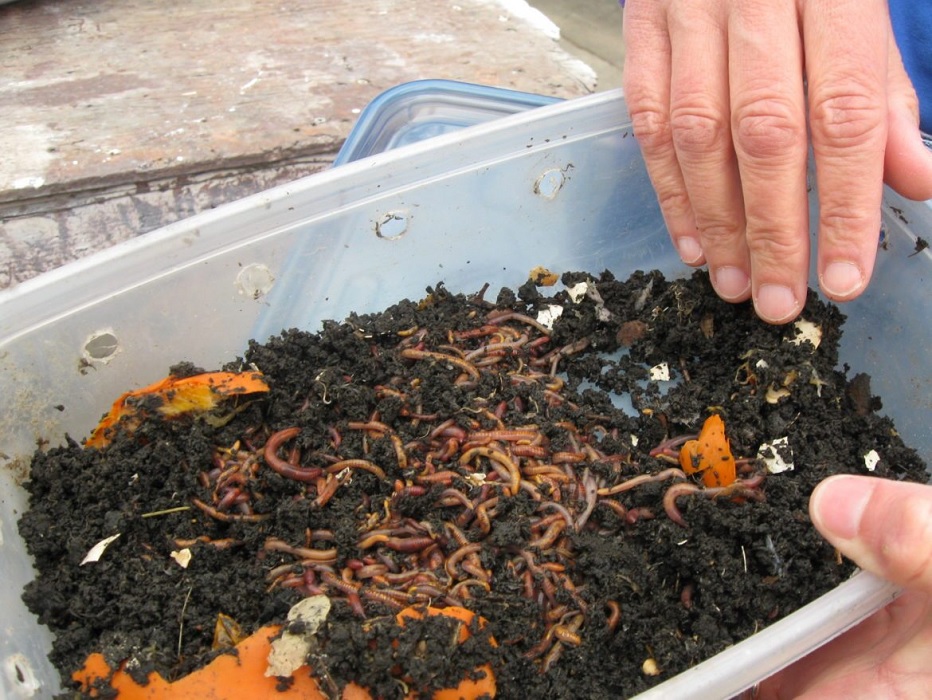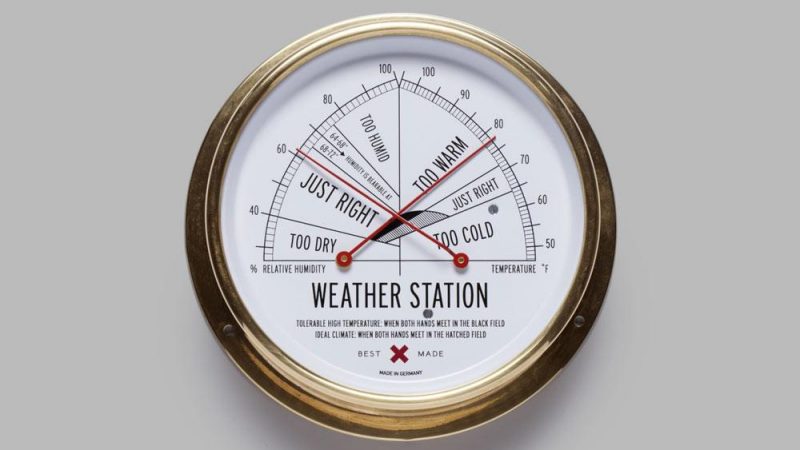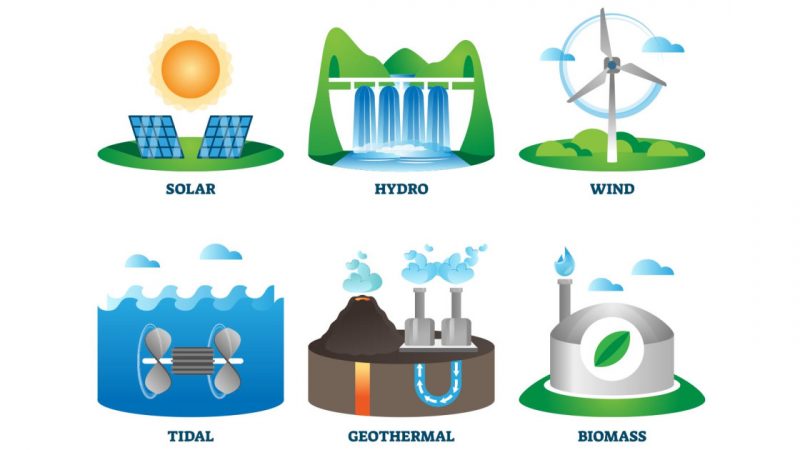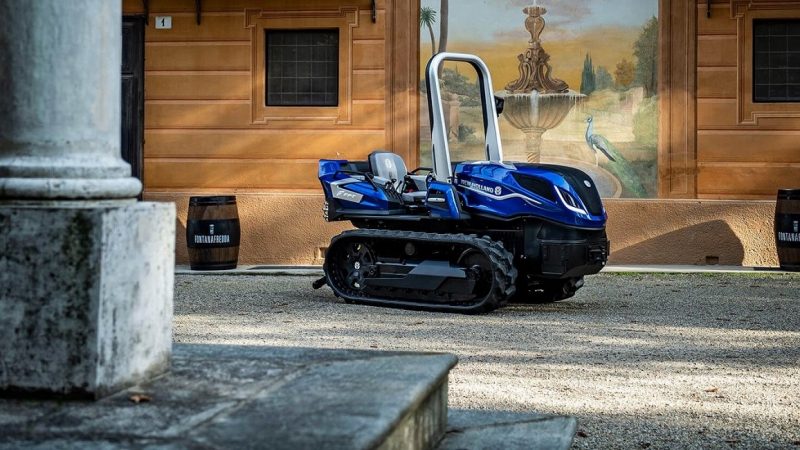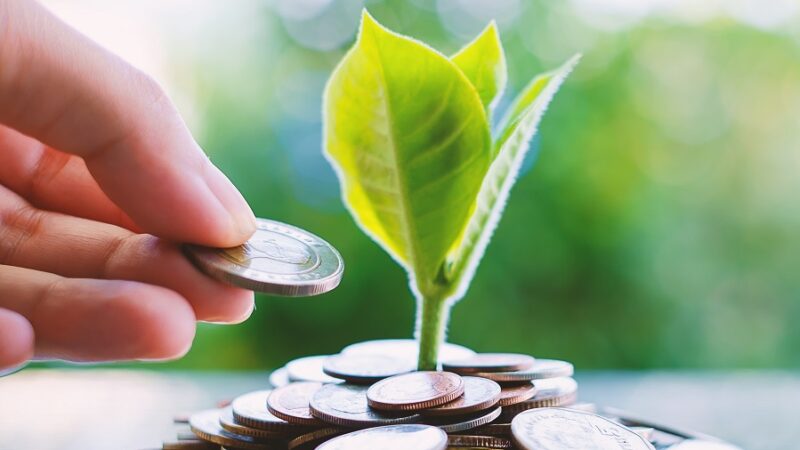Benefits of Using Worm Compost Fertilizer in your Soil
Vermicomposting uses specific earthworm species to breakdown food waste and turn it into rich, nutrient-dense compost you may use in outdoor home gardening or container gardening. Red wigglers are most popular because they consume matter near to the surface – unlike other worm kinds, such as night crawlers, that burrow much further down to feed.
Vermicomposting uses closed bins that induce a dark, hospitable environment where worms can thrive, reproduce, and consume organic matter. If the worms digest the organic subject, they produce worm castings, that happen to be worm excrement. These castings, along with uneaten organic and natural matter in the bin and helpful bacteria, will be the compost.
Pros of Vermicomposting
Most people don’t daydream about getting a bin filled up with thousands of worms eating all their food scraps and leftovers. However, vermicomposting is now widely used as people look for ways to live a zero-waste lifestyle and minimize their impact on the environment. And when done correctly, vermicomposting can offer you as well as your garden several advantages.
- It Helps Eliminate Food Waste
According to the United States Department of Agriculture, Americans waste 30% to 40% of the meals supply annually, which averages 218.9 pounds of food per person. The Guardian estimates this waste costs the common category of four over $1,600 per year.
One of the most significant benefits of vermicomposting is that you will get to see how much food your household wastes daily or weekly. Each time you toss leftovers you didn’t eat or fruit that went bad, it’s like watching money decrease the drain. That will motivate your family to make changes to reduce food waste and save money on groceries. When you vermicompost, you don’t waste any food. You get rich compost and highly beneficial “worm tea” (a liquid fertilizer created from soaking worm castings in water). Visit this website to get more insight Worm Composter
- It Helps Reduce Greenhouse Gasses
Vermicomposting benefits the environment by reducing greenhouse gas emissions. When organic and natural matter decomposes in landfills, it produces high levels of methane gas, which according to National Geographic, is a greenhouse gas 28 times more potent than carbon dioxide when it comes to warming the planet. Giving your worms your leftover food and kitchen scraps keeps all that waste out of landfills and helps reduce emissions. Although the meals emits some methane as it decomposes, it’s considerably significantly less than the methane manufactured in a landfill.
- It Leads to Better Plant Growth
A 2019 study published in the Journal of Pharmacognosy and Phytochemistry found significant increases in nutrients like potassium and carbon in vermicompost in comparison to soil without compost. And a 2016 analysis published in Ecological Engineering found that vermicompost stimulates the growth of beneficial fungi and bacteria.
All these nutrients provide an essential boost for plants, help aerate the soil, and aid with fluid retention. And there’s plenty of scientific research to back that up.
A 2008 study published in Bioresource Technology found that vermicompost improved root formation, shoots, and leaf area in some plant species. A 2007 analysis, also published in Bioresource Technology, discovered that soil enriched with vermicompost had significantly higher tomato yields.
Additionally, a 2006 Ohio State University research article published in BioCycle says that even minimal levels of worm tea included to tomato plants positively damaged growth and crop yield.
A 2009 Griffith University study published in the American-Eurasian Journal of Agricultural & Environmental Sciences notes that because vermicompost is rich in beneficial nutrients, microorganisms, and minerals, plants are better in a position to resist pests and disease.
- It Provides Compost More Quickly
Depending on your compost pile’s location and temperature, it can take three to twelve months to get usable compost from a typical outdoor pile. With vermicomposting, most people get usable compost in three months or less. So you continue to get compost every two to three months from then on.
- You Can Compost Indoors
Even if you don’t have a backyard or garden, you can still try vermicomposting. Many people moving into apartments keep a worm bin in their kitchen or closet to lessen their food waste and also have a steady supply of rich compost for their houseplants or container garden.
